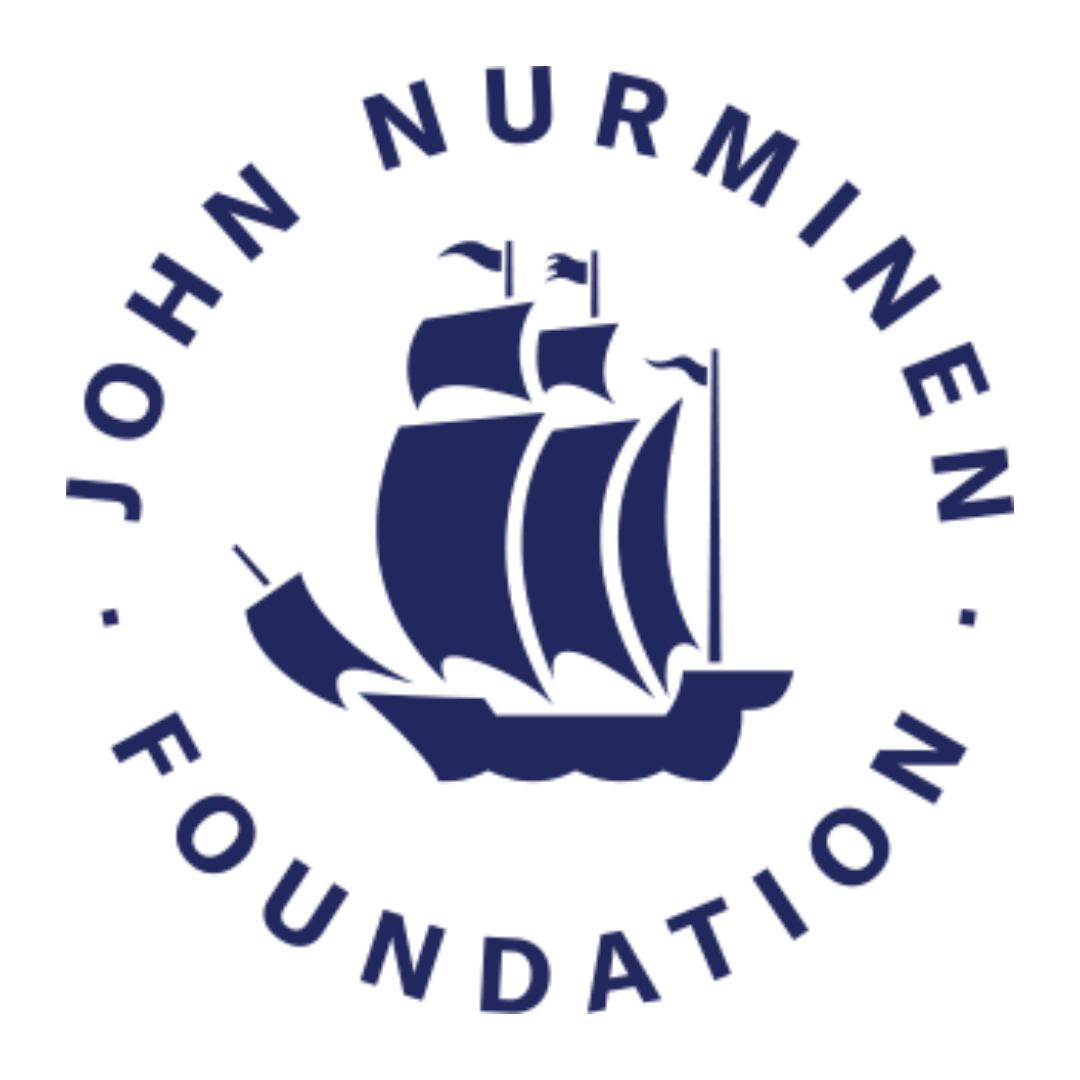The exceptionally hot and sunny early summer kept the roach on the move. This summer, the John Nurminen Foundation’s Local Fishing Project caught close to 200,000 kg of roach and bream.
Demand for cyprinid fish, fished sustainably from the sea, has risen significantly. The project has succeeded in implementing a commercially viable fish stock management model for the Baltic Sea, with consumer products that have been available at shops for more than a year. There are still some bottlenecks in the chain that need to be resolved, but it has already become evident that there is demand for sustainably caught cyprinid fish – not just locally, but throughout Finland. Creating the value chain and the demand for the product has been one of the project’s main goals.
The John Nurminen Foundation is delighted with the success of the project, but Miina Mäki, the project’s manager, is quick to remind us that there is still plenty of work to do: “We seem to be heading in a good direction, but the work is not yet done. We hope that the fishermen will want to continue fishing for us also next season, i.e. in 2019, as this would be one of the signals that indicate the project is a success. Next year, we will also strengthen our cooperation with the various stakeholders of our value chain, making the chain strong enough to secure the voyage of the cyprinid fish to our plates as smoothly as possible, and also in the future.”
The fishermen who fish under contract for the Local Fishing project, launched by the Foundation in 2015, are always chosen for one year at a time. All in all, 15 fishermen worked under contract this year, fishing in the Archipelago Sea and the Sea of Bothnia.
In connection with the Local Fishing Project, we have also piloted fishing as a measure that reduces the nutrient load of the sea: it was included as a pilot in the Foundation-led Nutri-Trade project, which is partially financed by the EU’s Interreg Central Baltic programme. As the NutriTrade project is brought to a close, fishing will continue without EU funding after the current year.
NutriTrade project in its final stretch
The NutriTrade project has successfully piloted also other methods of reducing the nutrient load of the sea. The gypsum pilot in the fields in Savijoki was successful in proving that there are cost-efficient ways to curb discharges from agriculture. In Sweden, the project has tried out mussel farming. In the municipality of Kalmar, more than 13 tonnes of mussels were harvested from the sea. Mussel farming will continue up to the end of the year. The harvested mussels are ground, and the resulting powder is composted with straw, creating a fertilizer that can be used in organic farming.


